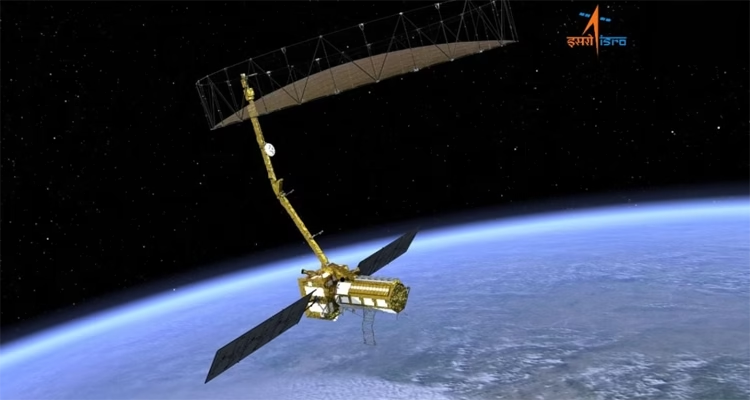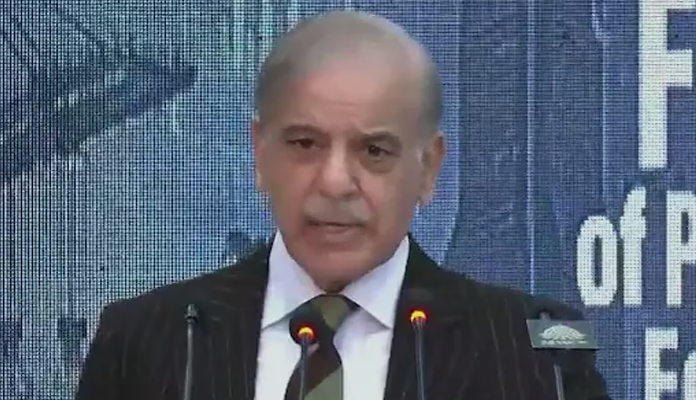
ISRO to Deploy 50 Surveillance Satellites in $3 Billion (Rs 270-Billion) Orbital Security Drive
Lessons from Op Sindoor: ISRO’s Role in National Security
RNS: India is reportedly fast-tracking plans to bolster the protection of its satellites after a near-miss in orbit last year underscored growing threats to its space assets.
According to a Bloomberg report, a satellite from a neighbouring country came within one kilometre of an Indian Space Research Organisation (ISRO) satellite in mid-2024. While Firstpost has not independently verified the incident, sources suggest the close pass may have been deliberate—a possible display of capability by the other nation. The Indian satellite, operating at an altitude of 500–600 km, was engaged in activities with potential military applications, including mapping and monitoring ground-based objects.
India Plans ‘Bodyguard’ Satellites After Risky Orbital Near-Miss in mid-2024.https://t.co/y59sntKDIZ
— r_isro (@r_isro) September 22, 2025
The ‘Bodyguard Satellite’ Initiative
In response, the Indian government is reportedly developing a programme to deploy “bodyguard satellites” capable of detecting and neutralising threats to national spacecraft. Part of a Rs 270-billion ($3 billion) plan, the programme aims to launch around 50 surveillance satellites, with the first expected next year.
Officials are exploring collaborations with private startups to integrate LiDAR technology, which could enable faster detection of orbital threats, allowing satellites to manoeuvre in time to avoid collisions. The vision is to combine these orbital assets with ground-based radars and telescopes, creating a layered defensive network.
– India 🇮🇳 wants to develop so-called “bodyguard satellites” to identify & counter threats to orbiting spacecraft
⚡️ In mid-2024, a sat from a “neighboring country” came within 1 km of an ISRO sat tasked with mapping & monitoring of objects on the ground while orbiting 500-600km… https://t.co/jzxJQ88KjI pic.twitter.com/nApFvg27v5— Adithya Krishna Menon (@AdithyaKM_) September 22, 2025
Why Space Security Matters Now
The incident comes amid heightened concerns about the militarisation of space. The Russia-Ukraine war highlighted vulnerabilities in satellite communications, while growing cooperation between Pakistan and China has prompted India to prepare for potential threats.
While India operates over 100 satellites, Pakistan has just eight, and China maintains a fleet of more than 930 spacecraft. Experts warn that China’s rapid advancements in space technology, including military applications, add to regional strategic challenges.
Lessons from ‘Op Sindoor’
The importance of space assets in national security was evident during May 2024’s heightened tensions with Pakistan. More than 400 ISRO scientists reportedly worked around the clock to ensure the smooth operation of Earth observation and communication satellites. Defence analysts have suggested that China assisted Pakistan in adjusting satellite coverage, underlining the risk of third-party involvement in regional conflicts.
Currently, India lacks continuous in-orbit tracking capabilities, but startups are developing solutions that could provide real-time monitoring of orbital space.
Looking Ahead
While the “bodyguard satellite” programme is still in early stages, it signals India’s recognition that space is a contested domain. By investing in orbital protection systems, LiDAR technology, and integrated ground networks, India aims to safeguard its growing fleet of satellites and maintain strategic advantage in space—where near misses and demonstrations of power are becoming increasingly common.




